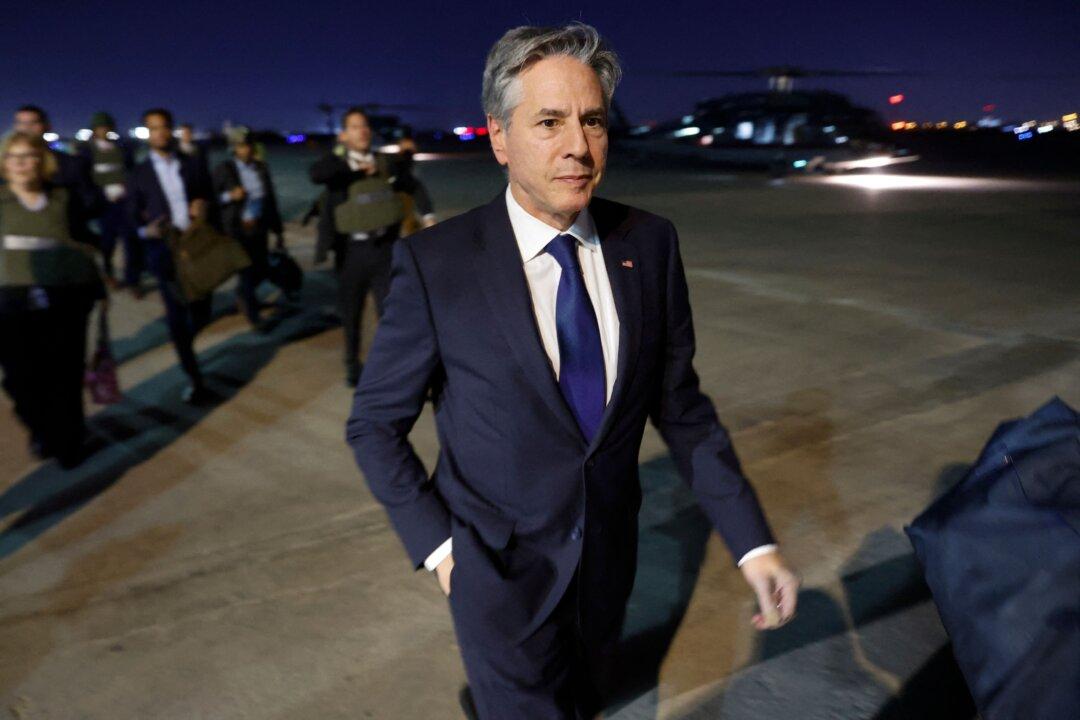U.S. Secretary of State Antony Blinken has announced a new policy allowing the government to impose visa restrictions on individuals believed to have been involved in misusing commercial spyware, regardless of where it occurs.
Commercial spyware is software installed on devices, such as cell phones, to monitor activity and capture potentially sensitive data. Spyware can also turn on the camera and microphone on a device without the owner’s knowledge, effectively turning the device into a hidden recorder. Depending on who is doing the spying, this can be used for malicious purposes very quickly.





